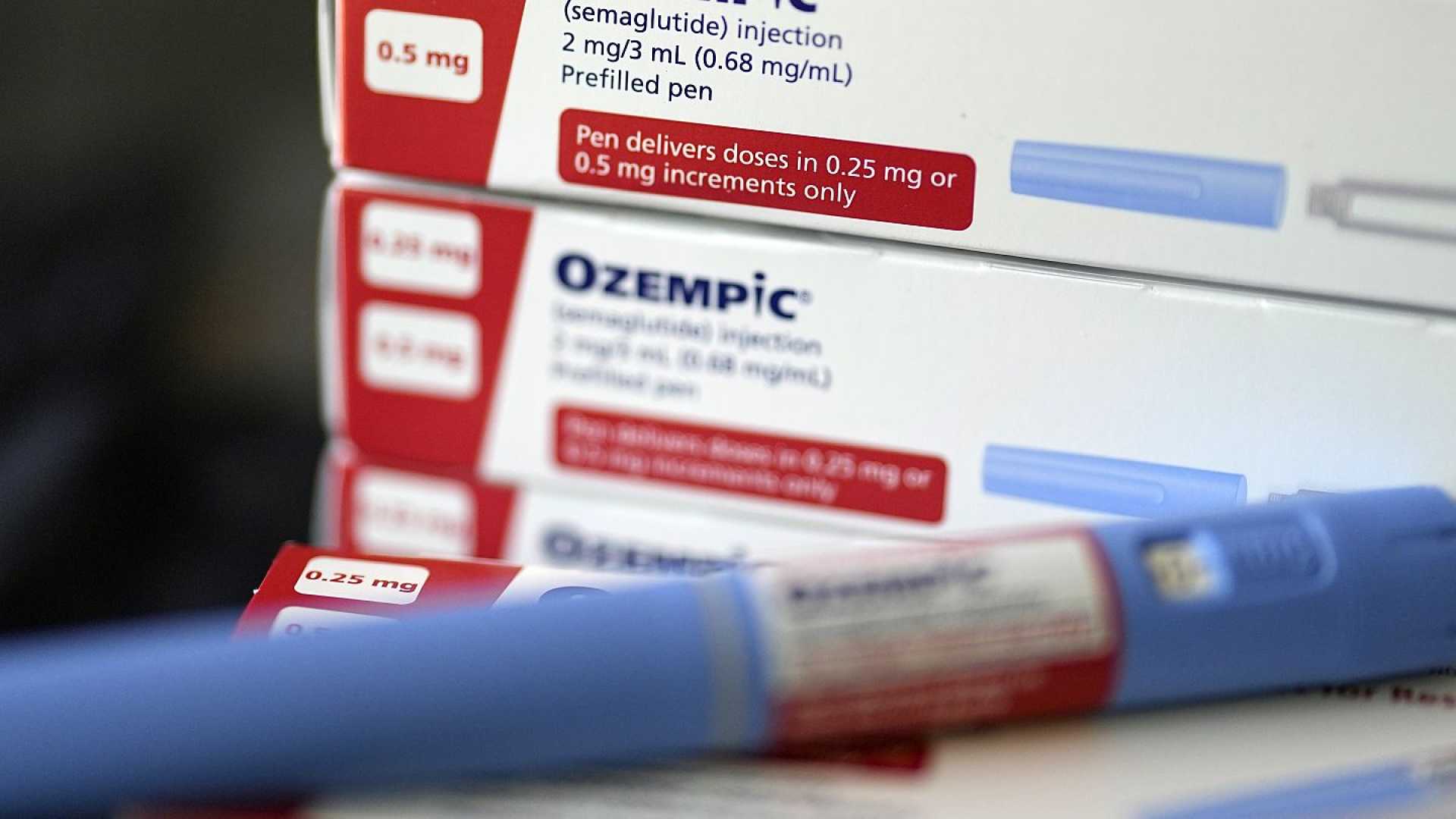Health
Study Suggests GLP-1 Agonists May Lower Overdose and Alcohol Risks

A comprehensive study has indicated that GLP-1 agonist medications, such as Ozempic, typically used in diabetes management and weight reduction, may offer significant benefits in reducing risks associated with drug overdose and alcohol intoxication among individuals with substance use disorders. Published in the journal ‘Addiction‘, the study analyzed the health records of 1.3 million individuals over a period of nearly nine years, drawing on data from 136 hospitals across the United States.
The study scrutinized the medical histories of 500,000 individuals coping with opioid use disorder and over 800,000 individuals dealing with alcohol use disorder. The findings revealed that those who were administered Ozempic or similar medications had a 40% lower incidence of opioid overdoses and a 50% reduction in episodes of alcohol intoxication compared to those not utilizing these drugs.
Fares Qeadan, an associate professor of biostatistics at Loyola University, Chicago, highlighted the underutilization and stigma surrounding existing medications for substance use disorders. “These medications intended for diabetes and weight loss can help addiction without the associated stigma, which will be a new window for how to deal with addiction,” Qeadan stated.
GLP-1 drugs, including Ozempic and tirzepatide, work by mimicking a hormone known as glucagon-like peptide-1, assisting in blood sugar regulation and insulin level management. Apart from their metabolic effects, these drugs might activate specific brain receptors linked to the “reward” pathways, potentially decreasing the craving for addictive substances. This could explain the observed reduction in alcohol and opioid cravings.
Dr. Fitch, co-founder and chief medical officer of knownwell, a health care company focused on weight-inclusive care, expressed optimism about the study’s findings, noting the potential dual benefits these medications offer in treating both obesity and addiction-related issues. However, Dr. Fitch also pointed out the current limitation, stating, “One of the challenges that we have as clinicians is we know that some of these benefits help patients. And not being able to get them access is very challenging.”
The study acknowledged its limitations, noting that the data covered hospitalizations only, and the implications for less severe cases remain unclear. Furthermore, the U.S. Food and Drug Administration has yet to approve these medications for treating substance use disorders, indicating a gap between clinical findings and regulatory practices.
Las Vegas real estate agent Christie Martin shared her personal experience with ABC News, stating that her desire to consume alcohol significantly diminished following her Ozempic treatment. “I have no desire to drink wine anymore,” she admitted, highlighting the profound impact the medication had on her lifestyle.












